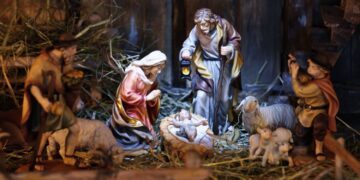Around the world, hundreds of millions of people take time off work to celebrate Christmas every year.
In fact, an estimated two billion people celebrate this holiday across more than 160 different countries. It’s the biggest holiday in the world and comes with plenty of gifts, music, and food.
Christmas is an excellent excuse for a party and the optimum time to catch up with friends and family. But let’s take a closer look beneath the surface of Christmas crackers, turkey dinner, and mistletoe.
Baby Jesus wasn’t actually born on December 25.
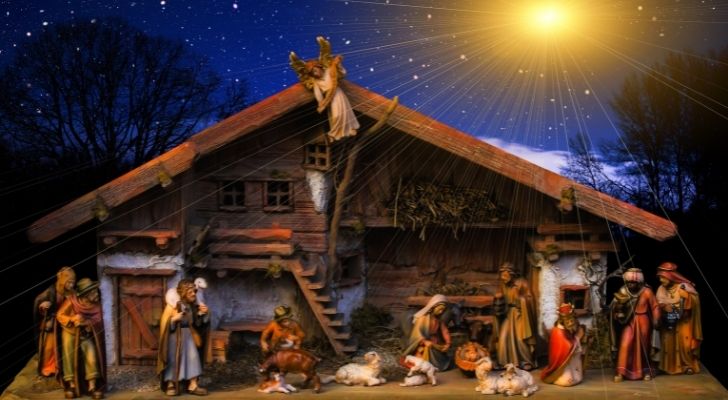
Christmas Day is mainly celebrated on December 25 each year, and Christians use this day to mark the birth of Jesus.
However, this date was never specified in the Bible, and many historians are divided over when Baby Jesus was actually born.
Some believe Jesus was born in the spring, while other historians claim it was summer or fall. Either way, it’s agreed by almost all Biblical experts that Jesus was definitely not born on December 25.
Christmas may have been inspired by another December festival.
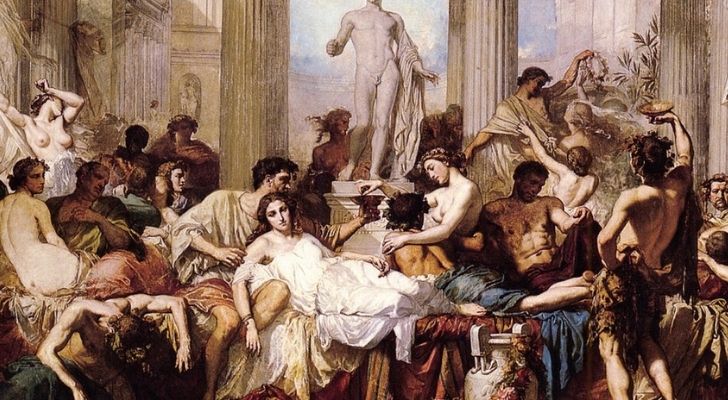
The festival of Christmas may have been inspired by Saturnalia, an ancient Roman holiday celebrated hundreds of years ago in December.
It was a holiday dedicated to Saturn, a Roman god. People would eat, play music, and give each other gifts.
By the fourth century, many of the traditions associated with Saturnalia were being celebrated as part of Christmas.
As time went by, Christmas became the more popular festival and has developed into the holiday we know and love today.
Christmas dinner came from King Henry VIII.
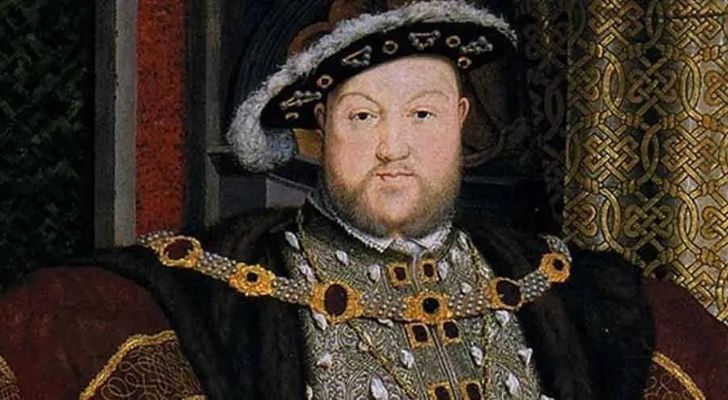
King Henry VIII is most famous for marrying six wives, and he is less often remembered for introducing us to the Christmas dinner.
But it is believed that the traditional turkey dinner was first served at the table of King Henry VIII in the 15th Century.
Over the 300 years that followed, Christmas dinner became very popular in Western cultures.
Authors like Charles Dickens helped cement the idea of Christmas dinner into society, with novels like A Christmas Carol.
There’s a deeper meaning behind the word “Xmas.”

Some people might think “Xmas” is merely a shorter way of writing “Christmas.”
Others believe it takes away the religious connotations associated with “Christ.”
But there is a much deeper meaning to this abbreviation that doesn’t take away religion at all.
In this case, “X” is the Greek letter “Chi.” This was the first letter of the Greek word for “Christ,” pronounced “Christos.”
People in Japan eat KFC at Christmas.

In Japan, Christmas Day is not a national holiday as such a small percentage of the population are Christians. However, this doesn’t stop millions of people from celebrating the festivities with their own special Christmas dish.
Since 1974, eating KFC on Christmas Day has been a tradition in Japan.
Instead of eating turkey, chicken is seen as a suitable substitute. As a result, more than three million people enjoy “Kentucky for Christmas.”
The Queen makes a speech every Christmas Day.
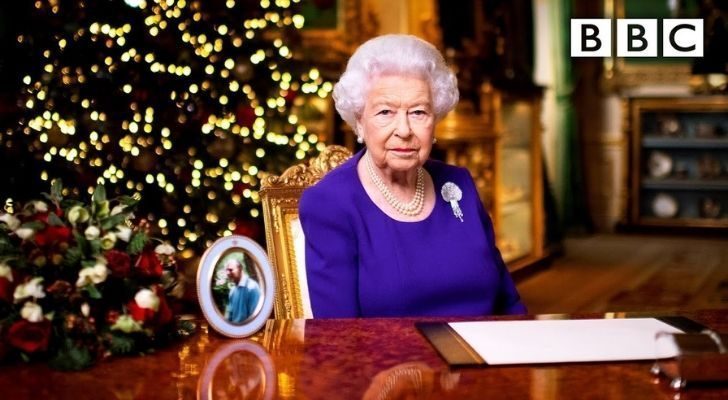
Since 1957, an annual televised broadcast by Queen Elizabeth II has been broadcast on Christmas Day.
The only year this didn’t happen was in 1969, when the Queen issued a written message instead.
Every year, more than 20 million people tuned in to watch the Queen’s speech. Many people tuned in to watch or listen to the speech live in the UK, while millions more watched from elsewhere in the world.
The Queen would typically reflect on the past year and send Christmas wishes to viewers in the speech. This tradition has been passed down to King Charles III.
December 25 is the first day of Christmas.
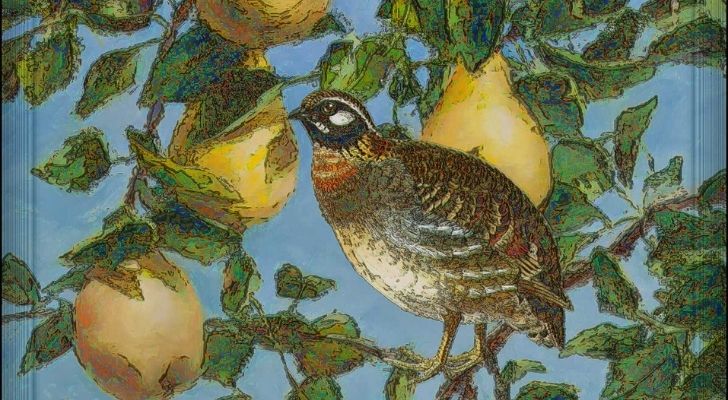
In the popular Christmas song, The Twelve Days of Christmas, the first day of Christmas is December 25. The twelve days of Christmas begin on December 25 and end on January 5.
On Christmas Day, the author’s “true love” offers a “partridge in a pear tree.” This is believed to represent Jesus, who sacrificed his own life for his followers in the Christian faith.
Partridges are known for their willingness to sacrifice themselves for their offspring.
Christmas stockings came from a Dutch tradition.

Children worldwide leave out stockings for Santa to fill the night before Christmas.
This tradition stems from the Netherlands way back in the 16th Century, where children would leave their shoes near the fire. When they woke up, they would find gifts inside their shoes.
This tradition has developed over the years, and it is now common to leave Christmas stockings by the fire instead.
Children will often wake up to find their stockings filled with chocolates, oranges, or other “stocking fillers.”
Leaving cookies and milk for Santa dates back years.

There are several theories about why we leave cookies and milk for Santa Claus.
Some suggest this began hundreds of years ago when children wanted to give something back to Santa in return for their gifts.
However, one popular belief is that it began during the Great Depression in the United States. Parents wanted to encourage their children to share with others, so they began to leave food for Father Christmas.
It also led to the tradition of leaving out carrots for Rudolph and the other reindeers.
But not all these traditions are followed around the world. In France, for example, people wouldn’t dream of leaving a glass of milk for a grown man.
Christmas Day is the time Elf on the Shelf disappears.

Elf on the Shelf has become a popular Christmas tradition in recent years. The elf will usually get up to some sort of trouble every night in December and surprise the children when they wake up the following day.
Christmas Day is the day when Elf on the Shelf returns home. Children might find the elf one last time on Christmas morning before they return to Lapland with the rest of Santa’s helpers.
Now you know more about Christmas Day, you’ll be able to surprise your family with some unknown facts around the table this year.
There is no need for endless Christmas cracker jokes when you have all these incredible Christmas facts in your pocket!




